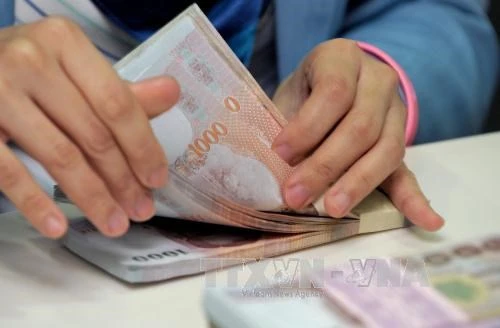
Bangkok (VNA) – Thailand’s Revenue Department is planning to impose an additional tax of 15% on multinational corporations that are operating in the country.
The move aims to comply with requirements relating to global minimum tax (GMT) – an initiative by the Organisation for Economic Cooperation and Development. Accordingly, multinational companies with revenues above 800 million USD will have to pay a minimum tax rate of 15%, regardless of the country in which they operate. Companies paying less than 15% as they benefit from tax incentives offered by countries will have to pay the difference.
The tax will make it more difficult for countries like Thailand, which have used tax incentives as a key tool to attract foreign direct investment (FDI).
With the GMT, traditional tax incentives, such as corporate tax reductions or exemptions, will lose their power because they will no longer result in tax reductions for multinational companies.
According to experts, the new tax policy will pose a major challenge for the Thai government, as the country continues to seek ways to maintain its competitiveness and attract FDI.
However, experts said that if Thailand does not apply the GMT, multinational companies operating in the country will still have to pay GMT in their home country or in other nations where they are registered. This could cause Thailand to lose potential tax revenue, as the additional tax will be collected elsewhere instead of benefiting the Thai economy.
According to experts, solution for the issue must come from both the government and the private sector. Both sides must work together to develop strategies to minimise the negative impacts of GMT on FDI attraction.
The government should introduce targeted incentives, revise investment policies and engage in transparent dialogue with businesses to maintain competitiveness.
Meanwhile, the private sector, especially multinational corporations, also needs to play an important role in adapting to the new tax environment. Companies should conduct a thorough review of their tax strategies and find ways to optimise operations within the GMT framework. This could involve restructuring their business models, diversifying investments or seeking new markets that offer better returns.
In addition, more new incentives are needed instead of tariff measures to ensure that Thailand remains an attractive investment destination. Human resource development, along with retraining and upskilling the workforce, will play an important role in shaping Thailand’s future investment landscape./.






















